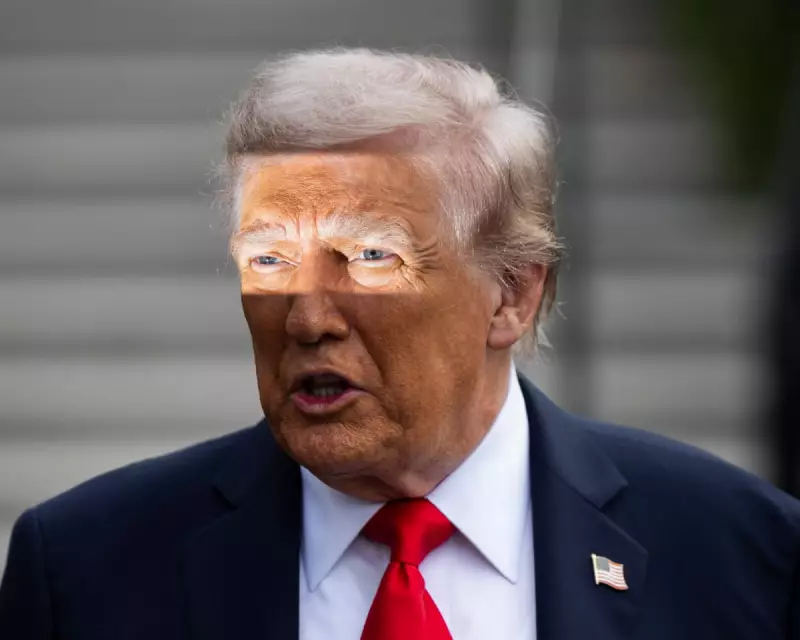
In a dramatic move ahead of Donald Trump's highly anticipated visit to the UK, government plans to significantly reduce tariffs on US steel have been abruptly shelved. The controversial proposal, which had been under serious consideration, has been paused to avoid a potential diplomatic clash with the former President.
Diplomatic Calculations Behind the Decision
Whitehall sources confirm that the decision to delay the tariff reduction was a strategic move designed to prevent embarrassing the controversial political figure during his visit. The proposed cuts would have seen tariffs on American steel slashed by up to 25%, a move that had sparked significant debate within government circles.
One senior insider revealed: "The timing was all wrong. Pushing ahead with tariff reductions just as Trump arrives would have been seen as deliberately provocative or, worse, incredibly naive."
Industry Reactions and Concerns
The UK steel industry, which has been struggling with high energy costs and international competition, had been cautiously optimistic about the potential tariff reductions. Many manufacturers had hoped cheaper American steel could help reduce production costs and improve competitiveness.
However, the sudden shelving of these plans has left industry leaders frustrated. One steel executive commented: "This appears to be putting diplomatic niceties ahead of British business interests. We need decisive action on trade, not last-minute U-turns for political convenience."
The Broader Trade Context
The tariff decision comes against a complex backdrop of UK-US trade relations. Since leaving the EU, Britain has been seeking to establish independent trade agreements, with a US deal being a longstanding ambition of successive governments.
Trump's visit, his first since leaving office, represents a crucial opportunity for the UK government to strengthen transatlantic ties. The decision to pause the tariff cuts suggests ministers are willing to make significant concessions to maintain positive relations with the influential political figure.
What happens next remains uncertain. Government officials have indicated the tariff reduction proposal will be "revisited at a more appropriate time," but have refused to provide a specific timeline. The shelving of these plans demonstrates the delicate balancing act facing UK policymakers as they navigate post-Brexit trade relationships while managing diplomatic sensitivities.





